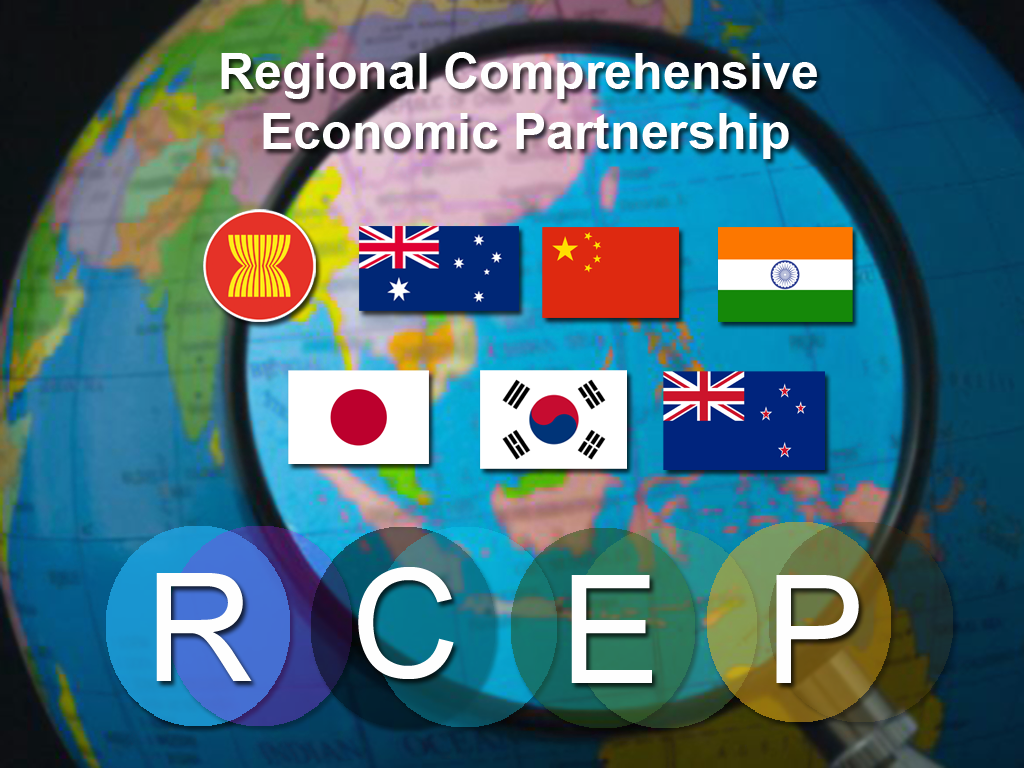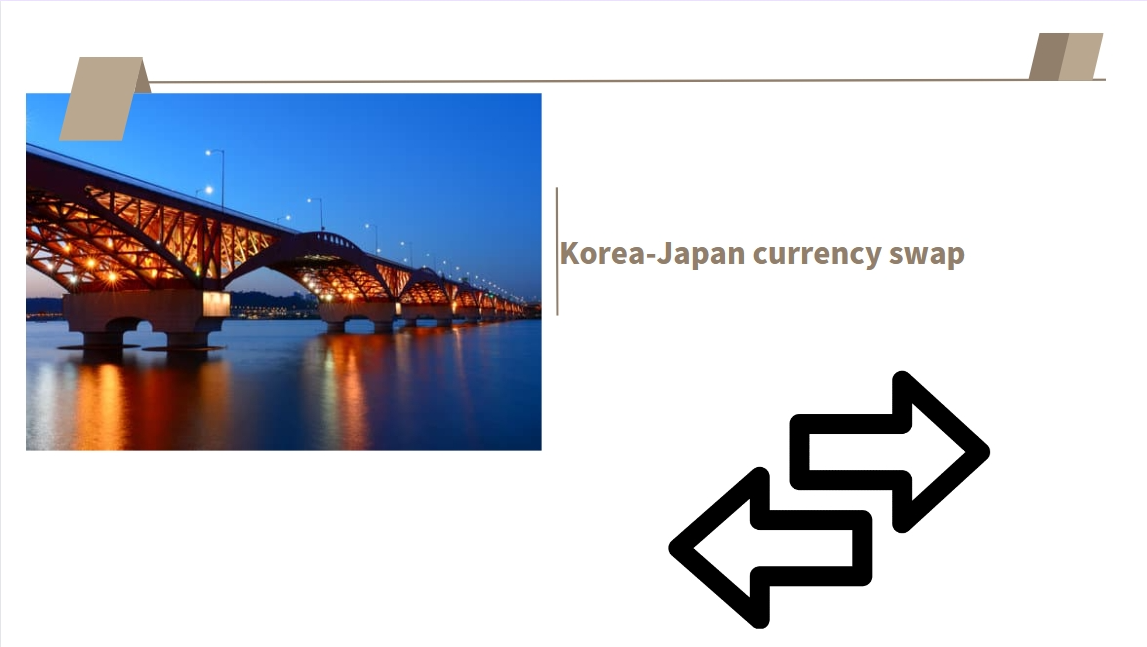Japanese Business Perspectives: New trade regime under RCEP foster development in digital payments
The Regional Comprehensive Economic Partnership (RCEP) has been in effect since 1 January 2022. The recent ratification of the agreement by the Philippines means it is now fully in force. This development, coupled with the notable economic growth in the region, is expected to lead to a boon for digital payment transactions. The e-Conomy SEA 2022 report by Google, Temasek, Bain & Company predicted that there would be strong growth in digital financial services, with both digital payments and digital remittance enjoying double digit annual growth in key ASEAN economies, including Indonesia, Malaysia, Thailand and Viet Nam, through 2025.
CAGR (2022-2025) for selected digital finance sectors | ||
Payments (Gross Transaction Value) | Remittance (Gross Transaction Value) | |
Indonesia | +17% | +26% |
Malaysia | +11% | +20% |
The Philippines | +18% | +25% |
Singapore | +6% | +6% |
Thailand | +12% | +20% |
Viet Nam | +13% | +23% |
Source:e-Conomy SEA 2022 report
HKTDC Research has talked to the NTT DATA to discover the market potential in the digital payments industry, while revealing game‑changing trends under the RCEP.
HKTDC Research: Can you share with us some of the new trends in the digital payments business?
NTT DATA: There have been several new developments in the industry in recent years, and these new trends became more prominent after and as a result of the COVID-19 pandemic. Two consistent themes we see are:
Digital Transformation: The B2B sector has shifted towards digitalising their business processes and integrating payments into their daily operations. During the pandemic, we saw an unprecedented acceleration in the adoption of digital payments, and this shift sets to continue post-pandemic as more businesses are ready to push forward the use of digital/contactless payments. Some businesses have sped up their ongoing efforts; while others are playing catch-ups by initiating digital capabilities to stay afloat and meet the rising demand for better customer experience.
Payment method and channel consolidation: In the past few years, many new channels have emerged from the FinTech sector. The challenge now for merchants and buyers is to pivot swiftly towards the opportunities brought forth by these new avenues. Also, given the current proliferation of payment methods and channels in the market, one would need to develop the expertise to choose the best channels and payment methods from the available.
HKTDC Research: How do new developments in regional economic integration – in particular, the implementation of the RCEP– affect the industry development and NTT DATA’s strategic planning?
NTT DATA: With theRCEPnow in full force, we expect to see a stronger trade growth. This, in turn will stimulate cross‑border trading performance in both value and volume terms, strengthening financial ties and bolster financial innovation. New business opportunities arise not just in the digital payments industry, but also many other different sectors.
“This will usher in new opportunities for NTT DATA to provide more efficient cross‑border settlements and improved payment services through market expansion and trade facilitation involving multiple currencies. In particular, this will better cater to the needs of cross‑border e‑commerce companies, enabling them to operate more efficiently in a wider selection of markets," said Shinichiro Nishikawa, Head of Global Payments and Services Division atNTT DATACorporation.
HKTDC Research: How do you expect Hong Kong’s position and function in your group’s strategy to evolve, especially under the RCEP currently in place and the expectation that Hong Kong would join the free trade pact shortly? What would be your business strategy once that happens?
NTT DATA: The initiatives sets to give a much‑needed boost to businesses and people in Hong Kong and the region, contributing to a swift and robust economic recovery. The removal of trade and non‑trade barriers will make it easier for companies to make outbound investment decisions and optimise their global mapping, encourage them therefore to invest more in the RCEP market.
“We are expecting more industrial and supply chains to become deeply rooted in the region for the RCEP markets.NTT DATA will develop and launch innovative solutions that can cater to end‑to‑end value chains for specific industries. We recognise that, for any payment solutions to be effective, they need to be closely synced with the operations processes and financial management requirements of the users, along with other customisation needs. We will continue to focus on the Asia‑Pacific region as a growth centre and look for partnership opportunities to help regional companies to tackle their increasingly diverse and demanding financial, payments and technology needs amongst their business processes,” said Teppei Yamamura, Deputy CEO of NTT DATA Hong Kong Limited.























































First, please LoginComment After ~